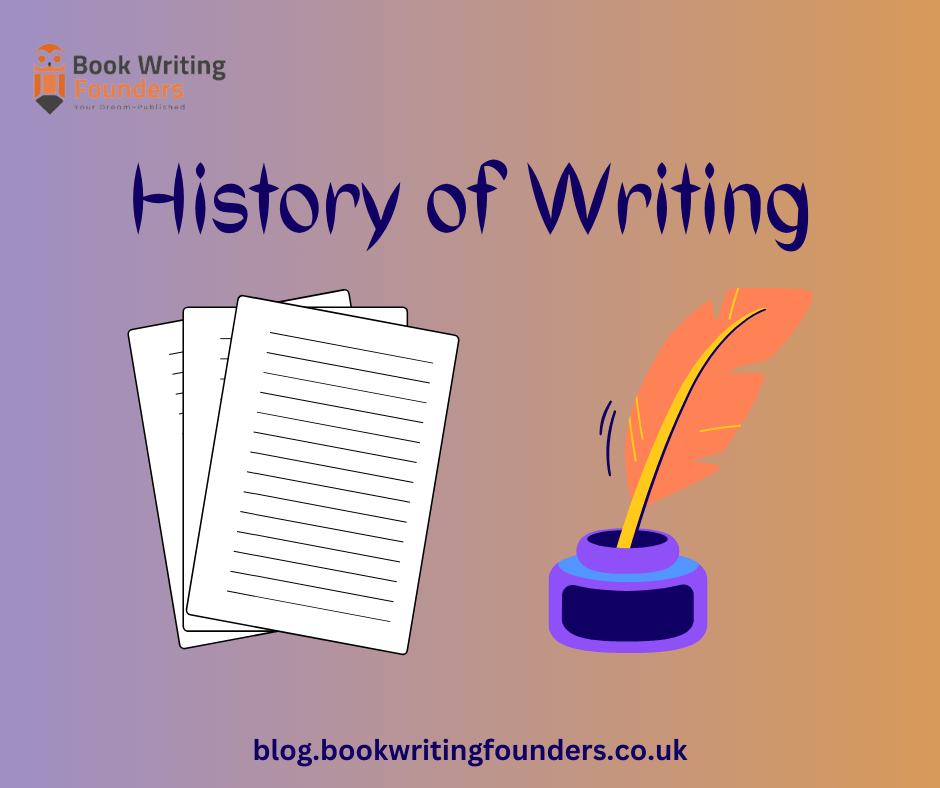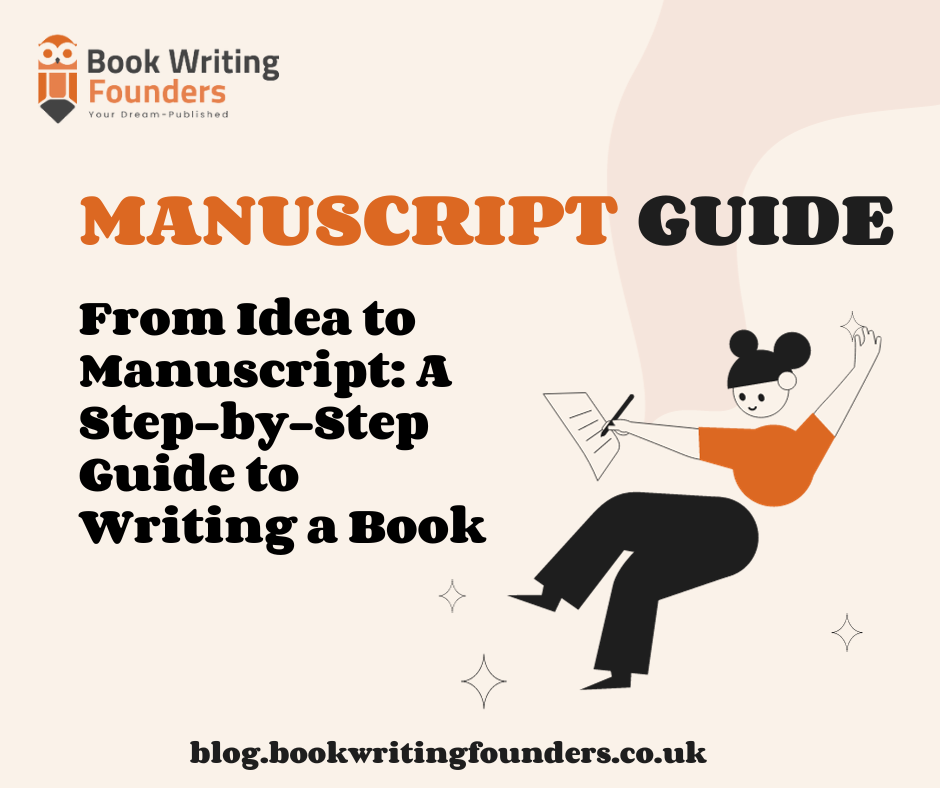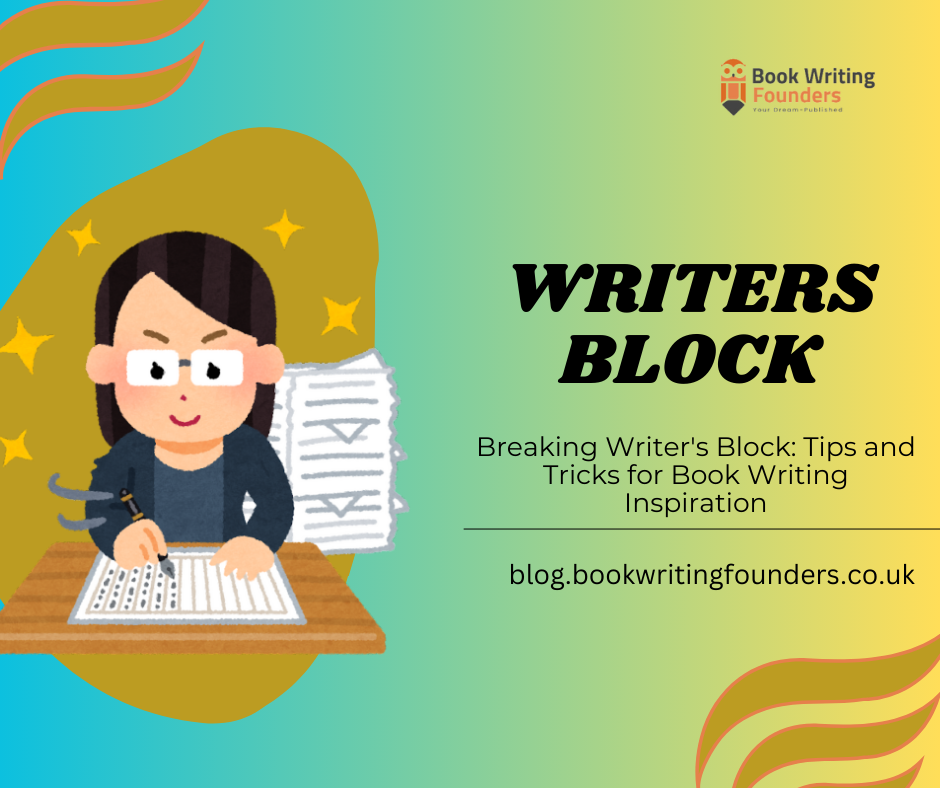
Writing
Introduction
The writing history in the UK is a fascinating story showing how conversation and expression have changed. From the first marks on stones to the beautiful writing of the Renaissance, this piece takes a fascinating trip through time to look at how writing has changed in the UK.
The writing history in the UK: A Pictorial Tapestry
Writing has changed from simple pictures to more complicated talking methods throughout writing history. With its long writing history, the United Kingdom greatly contributes to this tapestry.
Runes: Tracing the Origins
Runes, which are old symbols carved into wood or stone, show how people used to talk in the past. Discover more about these ancient symbols in our article on transactional writing. Early Britons believed these symbols, which were often carefully carved, had magical meanings and showed their beliefs, stories, and customs.
Manuscripts Illuminating the Dark Ages
During the Dark Ages, illuminated texts showed people how to learn and make art. Scribes carefully wrote down holy texts to keep the wisdom of the ages alive. The Lindisfarne Gospels are a reminder of this time and show how intricate artwork and holy text can go together.
The Magna Carta: A Monumental Pen Stroke
The Magna Carta, a key part of modern government, shows the power of the written word. Learn about its historical significance in our blog post on David Walliams books and reviews. When signed in 1215, it laid the groundwork for people’s rights and freedoms and changed how laws are made worldwide.
The Shakespearean Renaissance: Quills and Verses
During the Renaissance, which was a time of great cultural and educational change, there was a rebirth of literature that still fascinates people today. Explore the literary legacy of this era in our post about how to become a published author in the UK. During this time of creation and Enlightenment, the quill symbolized the time’s growing literary skills. It was more powerful than the sword in shaping people’s thoughts, feelings, and lives. William Shakespeare was one of the most famous and respected people. With his pen, he wrote immortal lines beyond time and language, leaving an indelible mark on the vast tapestry of world literature.
Shakespeare’s pen affected more than just writing. It changed art, theater, and even how language is combined. His new words and poetic ideas added to the English language and left an indelible mark on how we talk. Every time he used his pen, a stroke of genius changed stories and how people talk.
The Printing Press Revolution: Ink on Paper
The printing press, which Johannes Gutenberg invented, is one of the most important times people communicate. Learn more about the impact of Gutenberg’s invention in our article on how to get your book published in the UK. This clever device changed how information was made, spread, and used in a basic way. Gutenberg’s careful arrangement of moveable metal type and use of ink on paper opened up a new era of accessibility, made information more available to more people, and changed the world as we knew it.
Gutenberg’s idea was based on a complex mix of mechanics, imagination, and a clear vision. Before the printing press, making books was hard and time-consuming. Skilled scribes often had to copy texts by hand, which took much time and care. This slow and error-prone method made it hard to get written materials, so only the wealthy could afford books. But when Gutenberg invented the printing press, he made mass production possible in a way that had never been done before. The human transcription process took a lot of time, but the mechanized system made it possible to make copies of texts quickly.
The Industrial Age and Victorian Prose
The Industrial Revolution caused societal changes, as seen in the written word. Discover how literature reflected these changes in our blog post about the future of UK writing. Through their vivid stories, Victorian writers like Charles Dickens and services like Book Writing Founders UK showed what life was like at the time and pushed for social change and understanding.
Digital ink and more in the modern world
Computers replaced quills as the main way to write when the digital age began. Explore the impact of technology on writing in our article on the ChatGPT API. Online platforms and social media have changed the way people talk, making it possible for opinions to be heard around the world in an instant.
The Celtic Influence on Written Expression
Early writing in the UK was affected by how Celtic languages and writing systems worked together. Stones with Ogham markings, written in a Celtic language, show how these languages are mixed.
Dialects and the Variety of Literature
Literature in the UK shows how many different languages are spoken there. Regional dialects made their way onto paper, adding authenticity and regional flavor to the stories.
Voices of Change: Political Leaflets
During times of upheaval, pamphlets were used as powerful tools. Through their convincing writing, Thomas Paine’s “Common Sense” and Mary Wollstonecraft’s “A Vindication of the Rights of Woman” helped change how people thought and behaved.
The Bront Sisters: Leaders in Literature
Charlotte, Emily, and Anne Bront didn’t follow the rules when they wrote standards like “Jane Eyre” and “Wuthering Heights.” Their work broke the rules and influenced writers for many years.
Scottish Enlightenment: Crossing Borders
The Scottish Enlightenment brought people together to talk about ideas. Famous people like Adam Smith and David Hume wrote books contributing to this idea-sharing.
Literary Societies: A Place to Grow Creativity
Literary groups in the UK were a great place for aspiring writers to share their work, get feedback, and improve their skills. The Royal Society of Literature shows this practice.
How did World War I and World War II change writing in the UK?
World Wars I and II greatly affected UK literature, which includes various genres and topics showing how these global wars changed society, culture, and individual lives. Read more about the influence of war on literature in our blog post on the best British books of all time. As you said, the wars gave rise to moving war poems, but they also changed the course of British literature in many other ways.
War poetry and literature: The trenches of World War I and the air raids of World War II led to the creation of powerful war poems that showed the brutality, despair, and strength of the people involved. Famous poets like Wilfred Owen, Siegfried Sassoon, and Rupert Brooke wrote about the horrors of the front lines and how they affected troops emotionally. Their poems, like Owen’s “Dulce et Decorum Est” and Sassoon’s “Suicide in the Trenches,” broke down people’s romantic ideas about war and showed the harsh reality soldiers faced.
Reflections on Loss and Trauma: The wars made people feel loss, sadness, and trauma, which can be seen in much of the writing done during and after the wars. Novels like “Regeneration” by Pat Barker and “Goodnight, Mr. Tom” by Michelle Magorian show how soldiers and citizens can be mentally hurt by war. These works talked about how hard it is to deal with loss, PTSD, and putting your life back together after it has been broken.
Conclusion
The writing history in the UK is a rich fabric showing how language, culture, and society are connected. From ancient runes to the digital world, writing history shows how people have changed and how they are connected across places and time. As we go through this journey, we see how the written word has greatly affected the UK’s character and left a lasting legacy.





